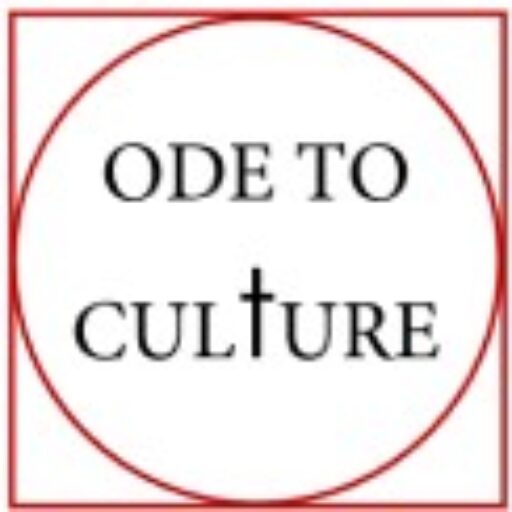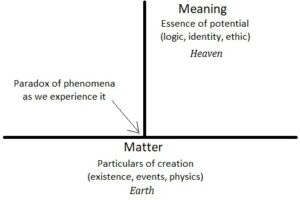Prompt 21: December 1, 2022
Early into my journey to faith, a friend (amongst us) told me that “christianity isn’t a religion, but a truth claim.” It sounded nice, but I don’t think either of us exactly knew what that meant. The more I have learned of christian history, culture, and theology, especially through the talks from Jonathan Pageau, the more that idea from years ago has sprouted. I’ll attempt to unpack it in this prompt.
There has been a lot of talk lately of truth. There may have always been targeted claims of truth on the political landscape, but I have taken particular notice in the last few years in relation to online censorship, propaganda, and “misinformation”. Each side seems to invoke truth as a point to deflate some narrative that has arisen on the other. This use of the language doesn’t seem to capture the meaning of such a magnificent thing as the Truth.
We too often think of truth as the opposite of lies, which it is, but that view of the nature of truth doesn’t capture everything– which by definition is inherent to the Truth. This confusion may be caused by the grip scientism has on our society, to view true/false as a judgment reducible to the validity of a series of facts. Rather, truth is more akin to “the whole story”. Things that are true are not in competition with lies, because truth reveals what actually exists. It is merely a description of reality. Lies, on the other hand, are an attempt to destroy reality or create an alternate version– only valid in the minds of people.
If Truth is distinct from creation, as a spirit or expression of what exists, then it is one of the phenomena that directs our attention away from the world; it transcends matter. The transcendence of material reality is inevitably shaped toward meaning. I think this is closer to what was meant by “Christianity is a truth statement”. Christ, the new and better Adam, was the point of connection between meaning and matter (Heaven and Earth), by being both the perfect expression of man and speaking truth; by being the Word made flesh (John 1:14). This “truth statement” that Christianity claims to be is the manner in which submitting to Christ restores creation to its proper worship of the most high. Proper, meaning that every creature becomes what they were made for in the hierarchy of reality; where every is is as it ought to be– in philosophical terms. Meaning, or a hierarchy of analysis, directs everything to God– the source of all creation. Meaning, taken to its highest extent, is found in God; the same applies to beauty, goodness, and knowledge. So if truth is the mere expression of phenomena, we have to consider that the expression itself is the joining of both meaning and matter; man once again mediates Heaven and Earth. As recited by Fr. Stephen Freeman, “What is true must be found within the same heart that spoke them.”
So with all this talk of truth, how do we fit into this? It would be a mistake to confuse the christian faith with the concepts by which we understand it. What is our claim to truth? Is it propositional? Are we assured in our own knowledge, or by a faith of living in obedience? Does truth give us new liberties that would be incomprehensible to other generations? Is there any unity in a shared truth to be found in our culture? If truth expresses what exists, are we less and less made by living out lies?
I’ll end on this note: certainty is not proof. If we live as though truth is territory to be claimed, we miss the bounds of what truth claims.
The thread is open. Create boldly, and may the Spirit guide us all.

